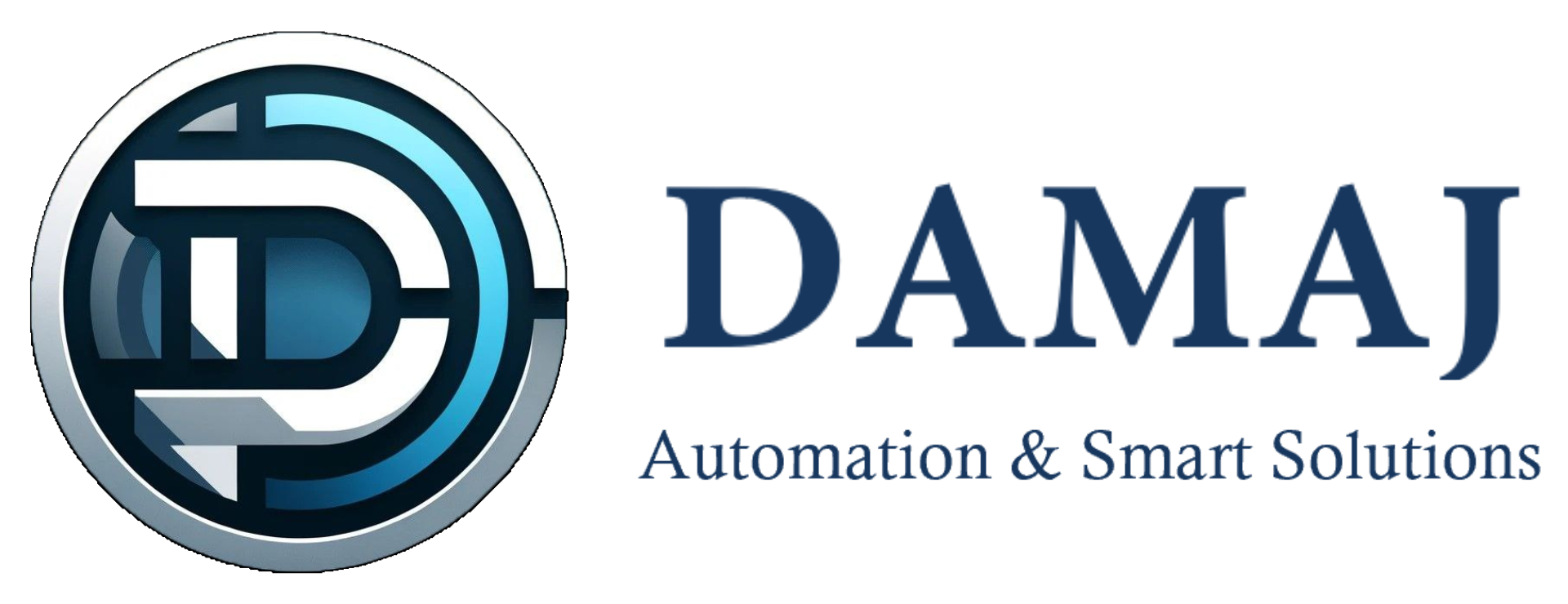Solar Power Generation Stations
Damaj harnesses the sustainable power of the sun to deliver clean, renewable energy to businesses. Utilizing cutting-edge photovoltaic technology, our stations convert sunlight directly into electricity, reducing reliance on fossil fuels and lowering carbon footprints. We engineer each station for maximum efficiency, ensuring that even in areas with limited sunlight, power generation remains consistent and reliable. Our comprehensive solutions include real-time monitoring systems for performance tracking and predictive maintenance, optimizing the energy output and lifespan of each installation. Committed to advancing a greener future, Damaj's Solar Power Stations are pivotal in leading the transition towards a more eco-friendly and resilient energy infrastructure.

Electrical Supplies
At DAMAJ, you can find a wide range of electrical supplies, including electric wires of various sizes and types, LED spots, LED bulbs, chandeliers, sockets of all types, mechanical switches, and essentially all sorts of electrical supplies you may need.
Green Cities & Green Buildings Certificates
Green buildings are those that incorporate alternative energy solutions like solar power and others. We can extract, collect, and issue certificates that certify green buildings, which improves the management efficiency of buildings, infrastructure, and smart cities. Green building certificates are crucial tools for assessing and improving environmental sustainability in the real estate industry.
Prominent certifications for green buildings include:
LEED (Leadership in Energy and Environmental Design): One of the most renowned and widely used certifications globally. It assesses the environmental performance of buildings in terms of energy efficiency, indoor air quality, resource management, and site environmental quality.
BREEAM (Building Research Establishment Environmental Assessment Method): Evaluates the sustainability performance of buildings in areas such as energy, water, materials, transport, and pollution.
Green Star: Used in Australia, this rating system evaluates the environmental performance of buildings and infrastructure projects.
Estidama: Used in the United Arab Emirates, it focuses on enhancing the environmental, economic, and social sustainability in urban development.
These certifications inspire developers, architects, and owners to design and construct buildings that conserve energy, protect natural resources, and enhance air and water quality. This reduces the environmental impact of construction and improves public health and comfort for building occupants.
Smart and Green Industries Certificates
The smart industrial sector, also known as Industry 4.0 or smart industry, involves the use of advanced technologies like artificial intelligence, the Internet of Things, big data analytics, and automation in industrial processes. Its primary objective is to improve production efficiency, reduce costs, and enhance quality and flexibility in manufacturing processes. Green factories focus on reducing energy and raw material consumption, improving waste management, and reducing harmful emissions, thereby minimizing the impact of industries on the environment.
Various programs and certificates in this field are crucial for industries, including:
ISO 14001: One of the most significant environmental certificates globally, it helps in environmental management and improving environmental performance in industrial organizations.
ISO 50001: Concentrates on energy management and improving energy efficiency in industrial facilities.
LEED for Manufacturing: Evaluates and rates green factories based on LEED standards.
Green Industry Certification: Aims to promote sustainable environmental practices in the industrial sector.
These programs and certificates play a significant role in enhancing environmental sustainability and improving the environmental and economic performance of industries. They ultimately contribute to achieving sustainable development and preserving the environment.
